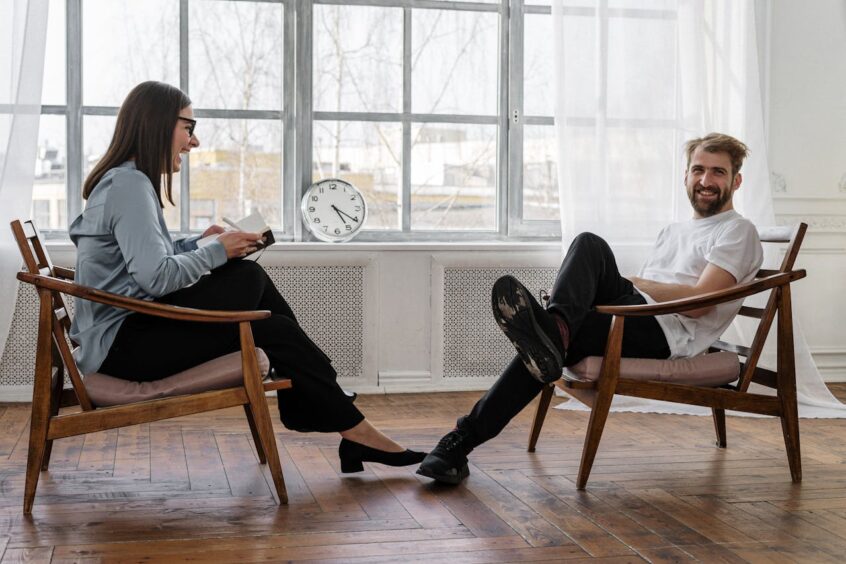The Gatekeeper

As a collaborative family lawyer, I have discovered that I am a gatekeeper. Usually one of the parties comes to me for summary advice early in the separation. We discuss the facts, the issues to be resolved, and the processes available for that resolution. Under the Family Law Act, there is an obligation upon lawyers to ensure that we have discussed the alternate dispute resolution resources we know are available in the community, as the courts are crowded and family disputes are generally better dealt with outside of the adversarial litigation process. The collaborative process is an alternate dispute resolution process.
The collaborative process involves mediation, as collaborative lawyers are trained mediators. However, unlike third-party mediation where each of the parties must have independent legal advice (who may or not attend the mediation), the collaborative process provides for each of the parties to have his or her own lawyer/mediator without the necessity of separate legal advice. The collaborative process unfolds through meetings, initially with the collaborative lawyers and the parties. After that, the parties may use such additional team members as is deemed helpful (for example, mental health coaches, a child specialist, or a financial planner).
The collaborative process is my preferred dispute resolution process, as it is transparent, informal and less stressful than litigation, the lower levels of stress and anxiety contribute to a more productive flow of energy and information, and the process better allows the participants to explore options that work for them in their particular circumstances. So, I find myself holding open the gate and wholeheartedly encouraging parties to engage in the collaborative process. If you are separating, make enquiries to determine if the collaborative process is appropriate for you.
